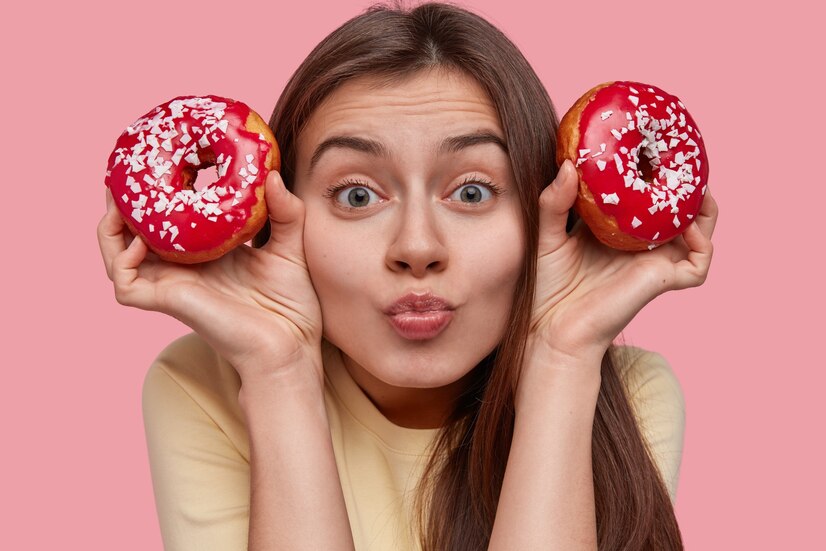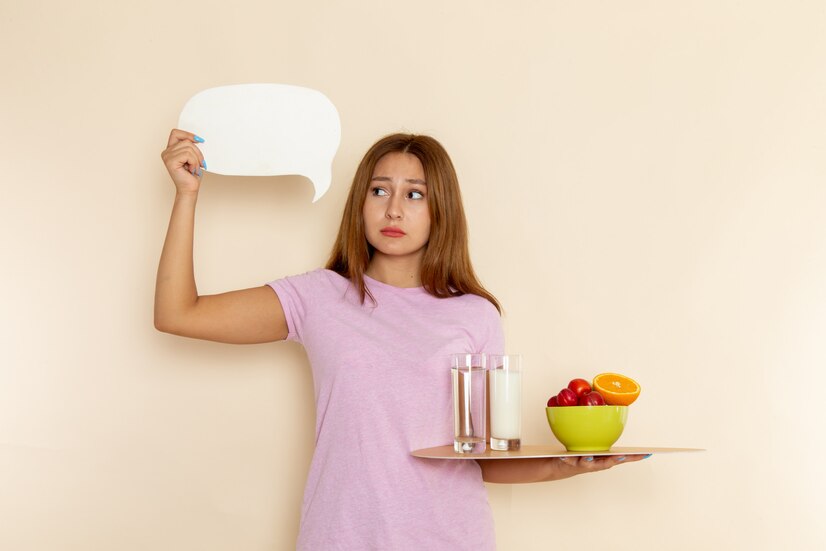Table of contents
- Understanding Addiction, Cravings, and Withdrawal
- How Can CBD Help Reduce Cravings?
- What the Research Says
- Best CBD Products for Craving and Withdrawal Support
- Personal Accounts: CBD in Real-Life Recovery Stories
- ✳️ “CBD helped me break my alcohol habit. I’d take a few drops under my tongue when I felt the urge to drink — it calmed me instantly.” – Alex, 34
- ✳️ “When I quit smoking, the anxiety hit me hard. CBD gummies were my go-to when cravings kicked in. I haven’t looked back since.” – Maria, 28
- ✳️ “During my recovery from opioids, sleep was a nightmare. CBD capsules helped me fall asleep without the use of additional medications.” – James, 41
- How to Safely Use CBD During Recovery
- 5 Frequently Asked Questions
- Final Thoughts
For those struggling with addiction or transitioning into recovery, cravings and withdrawal symptoms are some of the most difficult challenges to overcome. Whether it’s nicotine, opioids, alcohol, or other substances, the journey to sobriety often includes periods of intense physical and psychological discomfort. As a result, many are now turning to alternative, holistic remedies — including cannabidiol, or CBD — for support.
So, the big question is: Can CBD help reduce cravings and withdrawal symptoms? While research is still evolving, early findings and anecdotal evidence suggest that CBD might offer real benefits for individuals trying to overcome addictive behaviors.
In this article, we’ll explore the science behind CBD help reduce cravings, examine how it interacts with the body, look at personal experiences, and provide practical tips on how to use CBD as part of your recovery process.
Understanding Addiction, Cravings, and Withdrawal

Addiction rewires the brain’s reward system. Substance use floods the brain with dopamine, creating a cycle of dependency. When someone tries to quit, the body and brain react — leading to withdrawal symptoms like anxiety, insomnia, irritability, nausea, and intense cravings.
Cravings are especially difficult because they’re both physical and psychological. This is where CBD may offer potential support — by helping calm the nervous system, reduce anxiety, and promote better sleep and mood regulation.
How Can CBD Help Reduce Cravings?
CBD, a non-psychoactive compound found in hemp and cannabis plants, interacts with the body’s endocannabinoid system (ECS). This system plays a crucial role in regulating mood, stress response, sleep, and inflammation — all key elements during the recovery process.
🔹 1. Reduces Anxiety and Stress
Cravings often intensify during high-stress moments. CBD has been shown to have anxiolytic (anti-anxiety) properties, which may help reduce the psychological triggers that fuel addictive behaviors.
🔹 2. Supports Sleep Quality
Insomnia is a common withdrawal symptom. CBD can improve sleep by calming the nervous system, helping the body recover and regulate more efficiently.
🔹 3. Balances Brain Chemistry
Some studies suggest that CBD may influence serotonin and dopamine receptors, helping balance mood and reduce the dopamine spikes that cause cravings.
🔹 4. Decreases Cue-Induced Cravings
Research shows that CBD can help reduce cue-induced cravings — those urges triggered by seeing, hearing, or smelling something associated with substance use.
What the Research Says

While we still need more human clinical trials, current studies are promising:
- A 2019 study in the American Journal of Psychiatry found that CBD significantly reduced cue-induced cravings and anxiety in individuals with heroin use disorder.
- Animal studies have shown that CBD can reduce drug-seeking behavior and withdrawal symptoms in subjects addicted to opioids and stimulants.
- In cases of nicotine dependence, CBD inhalers were found to reduce cigarette consumption by nearly 40% over one week.
Best CBD Products for Craving and Withdrawal Support
If you’re considering using CBD help reduce cravings, here are a few product types to explore:
- CBD Oil/Tinctures – Fast-absorbing and ideal for anxiety and mood regulation.
- CBD Gummies or Capsules – Easy to dose and great for consistent daily use.
- CBD Vapes – Quick onset but not recommended for everyone, especially former smokers.
- CBD Topicals – Useful if withdrawal includes physical discomfort or muscle tension.
- Broad-Spectrum or Isolate CBD – Best for those avoiding THC entirely (e.g., if drug testing is a concern).
Personal Accounts: CBD in Real-Life Recovery Stories
✳️ “CBD helped me break my alcohol habit. I’d take a few drops under my tongue when I felt the urge to drink — it calmed me instantly.” – Alex, 34
✳️ “When I quit smoking, the anxiety hit me hard. CBD gummies were my go-to when cravings kicked in. I haven’t looked back since.” – Maria, 28
✳️ “During my recovery from opioids, sleep was a nightmare. CBD capsules helped me fall asleep without the use of additional medications.” – James, 41
How to Safely Use CBD During Recovery
- Start low and go slow – Begin with a small dose (10-20 mg/day) and increase as needed.
- Consult a healthcare professional – Especially if you’re in a treatment program or taking other medications.
- Look for third-party tested products – Always choose reputable brands with COAs (Certificates of Analysis).
- Use as part of a comprehensive plan – Combine CBD with counseling, therapy, exercise, and nutrition for best results.
5 Frequently Asked Questions
No. CBD is non-addictive and does not produce a high like THC. It is considered safe for most users.
While most research is on opioids and nicotine, early findings suggest CBD may help with alcohol, stimulants, and other dependencies as well.
Some users feel relief within 20–30 minutes, especially with fast-acting forms like oils or vapes. However, results vary by person.
It’s best to consult your doctor, especially if you’re on medications. CBD is generally well-tolerated but may interact with some drugs.
Full-spectrum contains all plant compounds including trace THC; isolate is pure CBD. For recovery, broad-spectrum or isolate is often preferred to avoid THC.
Final Thoughts
As more individuals seek natural, supportive tools for addiction recovery, CBD help reduce cravings is becoming a topic of serious interest. While it isn’t a miracle cure, CBD shows promising potential as part of a holistic approach to recovery — easing anxiety, improving sleep, and helping users regain balance.
If you’re exploring CBD during recovery, do so with guidance and intention. Combined with professional support, lifestyle changes, and self-compassion, CBD could be the tool that helps you regain control over your life.





